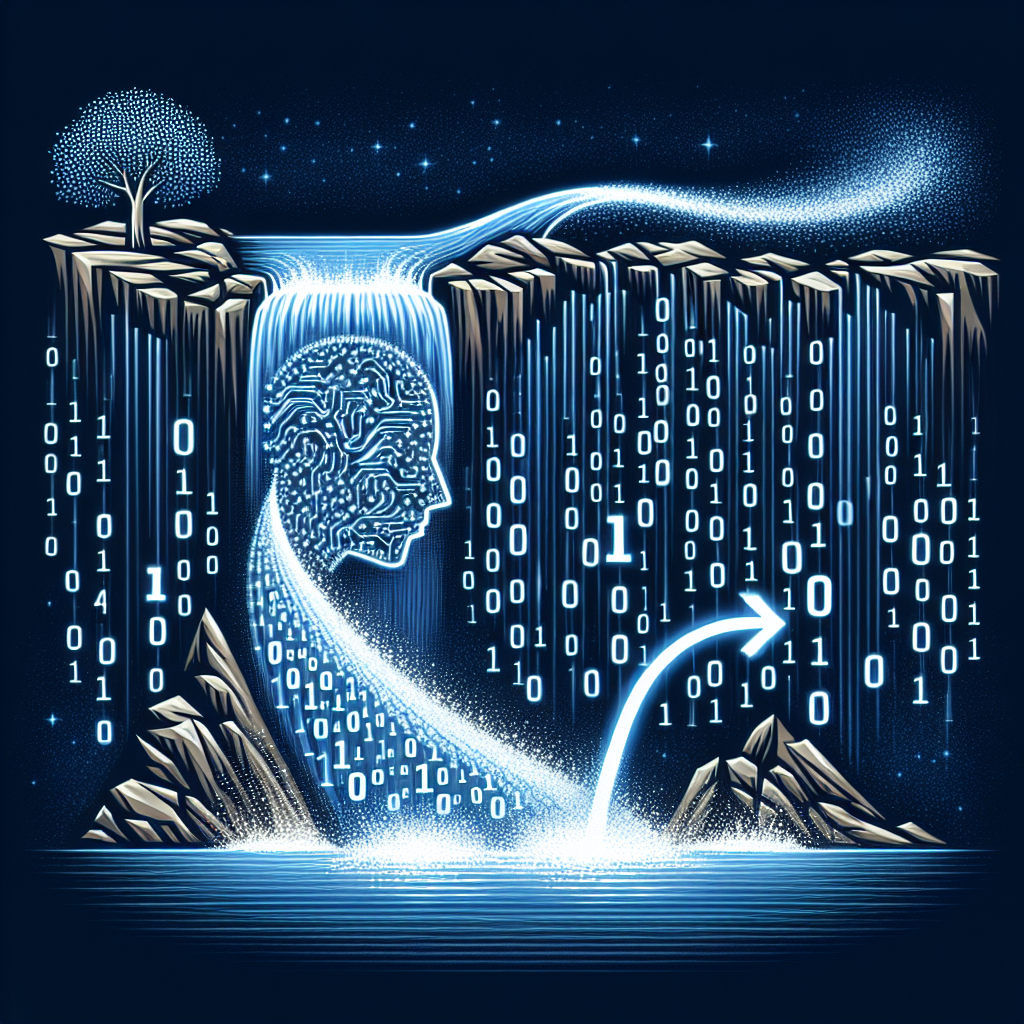Waterfall project management has been a popular approach to managing projects for many years. In this traditional method, projects are divided into sequential phases, with each phase dependent on the completion of the previous one. However, with the rise of artificial intelligence (AI), the landscape of project management is rapidly changing. AI is transforming waterfall project management in a variety of ways, making it more efficient, accurate, and adaptable to the needs of modern businesses.
One of the key ways in which AI is transforming waterfall project management is through automated scheduling and resource allocation. AI algorithms can analyze project requirements, team availability, and resource constraints to create optimized project schedules. This eliminates the need for manual scheduling, which can be time-consuming and prone to errors. By automating these tasks, AI can ensure that projects are completed on time and within budget.
AI is also revolutionizing project monitoring and reporting. Traditional waterfall project management relies on manual tracking and reporting of project progress, which can be labor-intensive and prone to inaccuracies. AI-powered tools can collect and analyze data in real-time, providing project managers with up-to-date insights into project performance. This allows for quicker decision-making and the ability to proactively address issues before they escalate.
Another way in which AI is transforming waterfall project management is through predictive analytics. AI algorithms can analyze historical project data to identify trends and predict potential risks and opportunities. This can help project managers make more informed decisions and take proactive steps to mitigate risks. By leveraging predictive analytics, project managers can improve project outcomes and achieve greater success.
AI is also enhancing collaboration and communication within project teams. AI-powered tools can facilitate communication between team members, track progress, and provide insights into team dynamics. This can help project managers identify potential bottlenecks, address conflicts, and ensure that team members are working together effectively towards a common goal. By promoting collaboration and communication, AI can enhance team productivity and drive project success.
Furthermore, AI is enabling greater flexibility and adaptability in waterfall project management. Traditional waterfall projects are often rigid and inflexible, with little room for changes once the project has begun. AI-powered tools can help project managers quickly adapt to changing requirements, priorities, and market conditions. This agility allows organizations to respond to changing circumstances and deliver projects that meet evolving needs and expectations.
In summary, AI is transforming waterfall project management by automating tasks, improving monitoring and reporting, enabling predictive analytics, enhancing collaboration and communication, and promoting flexibility and adaptability. By leveraging AI technologies, organizations can streamline project processes, increase efficiency, and achieve greater project success.
FAQs:
Q: How can AI improve project scheduling in waterfall project management?
A: AI algorithms can analyze project requirements, team availability, and resource constraints to create optimized project schedules. This eliminates the need for manual scheduling and ensures that projects are completed on time and within budget.
Q: How does AI enhance collaboration and communication within project teams?
A: AI-powered tools can facilitate communication between team members, track progress, and provide insights into team dynamics. This can help project managers identify potential bottlenecks, address conflicts, and ensure that team members are working together effectively towards a common goal.
Q: How can AI help project managers make more informed decisions?
A: AI algorithms can analyze historical project data to identify trends and predict potential risks and opportunities. This helps project managers make more informed decisions and take proactive steps to mitigate risks.
Q: What are the benefits of using AI in waterfall project management?
A: The benefits of using AI in waterfall project management include improved efficiency, accuracy, and adaptability. AI can automate tasks, improve monitoring and reporting, enable predictive analytics, enhance collaboration and communication, and promote flexibility and adaptability.

